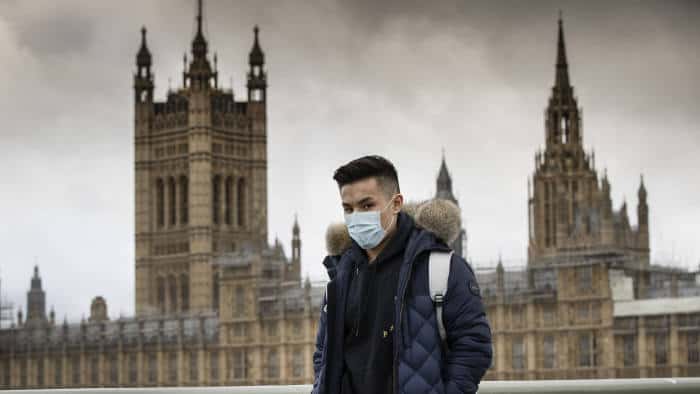London: With the death toll and infections in the UK rising, England’s medical personnel have had some tough decisions to make regarding those afflicted by the coronavirus pandemic. This includes giving more attention to those who are more curable than weaker patients. They are also looking into the possibility of which patients have reasonable certainty of survival to be put on ventilators which are already in shortage.
In an op-ed for The Guardian, National Health Services (NHS) Dr Tim Cook states that conundrum of bed shortage in the ICU is normal. However, with COVID-19, “The capacity of ICU wards will need to increase sevenfold,” he adds. Not only will need for more specialized equipment, space for patients, but staff who are trained to treat this is also scarce.
One might make the argument that Doctor’s make such decisions all the time but Cook says that this isn’t one of those times. With ventilators through the know-how and resources are very limited. The Imperial College Healthcare NHS Trust told the Daily Telegraph that machines used to keep patients breathing are being restricted on medical grounds and not because of capacity.
Also, with Prime Minister Boris Johnson testing positive for the coronavirus, such testing decision making has also permeated the upper-echelons of government as well. A Daily Mail story mentions that Downing Street, the Prime Minister’s official residence, is prepared if Johnson becomes incapacitated. Foreign Secretary Dominic Rabb will take charge as stand-in PM.
Plus, the issues of testing have many people divided. 83 percent believe that doctors and nurses should be tested first. Only 19 percent think that senior politicians should be prioritized whereas 15 percent think the Royal family deserves priority testing.

Stores that provide the essentials, for which people are permitted to leave their homes, are also trying to figure out how to address supply and demand. In a Sunday Times story, a spokeswoman for Tesco, a large UK-based grocery chain, said, “To ensure more people have access to everyday essentials we have introduced a store-wide restriction of three items per customer on every product line.”
These restrictions are only dependent on any grocery store’s size and inventory which ultimately decides the restrictions which stores place customers’ purchases.
Like the Americans, the British too have been facing the problem of hoarding. During the past two weeks, Britons have hoarded food worth one billion pounds.
Whether it is food rationing or ventilator rationing, tough decisions loom for England with the pandemic showing little signs of slow down.

